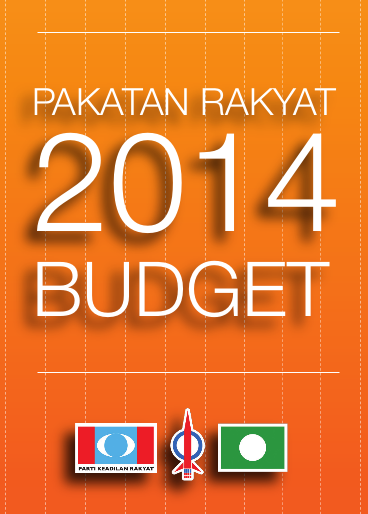Expensive medicines in pharmacies
The people cannot afford to buy expensive medicines just to maintain and prolong their life in Malaysia. Generic medicines can also save lives by preventing, curing and managing diseases for all Malaysians, especially the lower-income groups. The Malaysian Ministry of Health is not doing enough to control the prices of the medicines.
Instead the prices of the medicines are controlled by the pharmaceutical companies that are in return controlled by some politicians. These companies are having authorities to import cheap medicines from countries like India to supply to crony-suppliers to supply to hospitals and pharmaceuticals shops at a high mark up. These have created authorized “middlemen” who made money merely by paper-transactions and being connected. Firms in other countries have admitted to spending millions of dollars in promotion of medicines and “gifts” to secure contracts with government health services.
The foreign exchange rate factor as quoted by the Minister of Health Liow Tiong Lai is just a lame excuse. Why has the Malaysian Ringgit exchange rate fallen so low in comparison to the Singapore and Brunei dollars? The Ringgit was equivalent to the Singapore and Brunei dollars in the 70’s. Today, S$1 or B$1 is equal to RM2.53!
What are the other factors in producing the medicine in Malaysia that result to high medicine prices? The Health Ministry cited another excuse - the other reason contributing to the price increase is due to the innovative nature and the cost of the imported raw materials to supply the local pharmaceutical industries. In actual fact, the real cost of producing generic medicine is very low, but the monopolistic nature allowed by the government has resulted to the high increase of the prices of the medicines that many Malaysians have to depend on to survive.
The Kota Kinabalu Member of Parliament Hiew King Cheu said the Minister of Health Liow Tiong Lai definitely has not paid enough attention on the prices of the medicines to safe guard the interest of the consumers. What policies are in place to help to control the prices of the medicine to ensure an affordable and a correct price for the users, and why are there shortages of medicines in the hospitals and clinics in Sabah?
Where are the Recommended Retail Prices lists the Health Ministry has prepared for the medicines under the National Essential Drugs List on both the private and public sectors? These lists must be displayed and updated in all pharmacies throughout Malaysia in order for the people to compare between the original brand and the generic equivalent in printed form or computer. The people will then have the choice of selecting the medicines with the same quality which is much cheaper and affordable from the pharmacy shops, and the prices must be competitive.
Why should the people continue to buy expensive medicines in order to continue to live? Many people had complained that they cannot afford those expensive medicines especially those cardiovascular medicine and the government hospitals are not providing them. The patients will have to pay high prices to buy from pharmaceutical shops.
What will happen if the people cannot afford, is he going to live and survive without the medicine? The government should provide the full list of medicines and also make these available in all hospitals and clinics. There are budgets and allocations of millions of Ringgit for these medicines. What has the government done with the yearly budgets? It is the duty of the Health Ministry and the government to save lives.
We cannot accept and tolerate that the government can no longer supply the sick patients with the essential medicine, and asking the poor patients to go to buy their own medicines. Many hospitals in Sabah have run out of medicines on numerous occasions and sometime supply patients with expired drugs. These are unacceptable because the people might not even know that every drug or medicine has a side effect and/or contraindications. It is better “safe than sorry” because we are talking about personal health and putting one’s life at risk or in danger.
